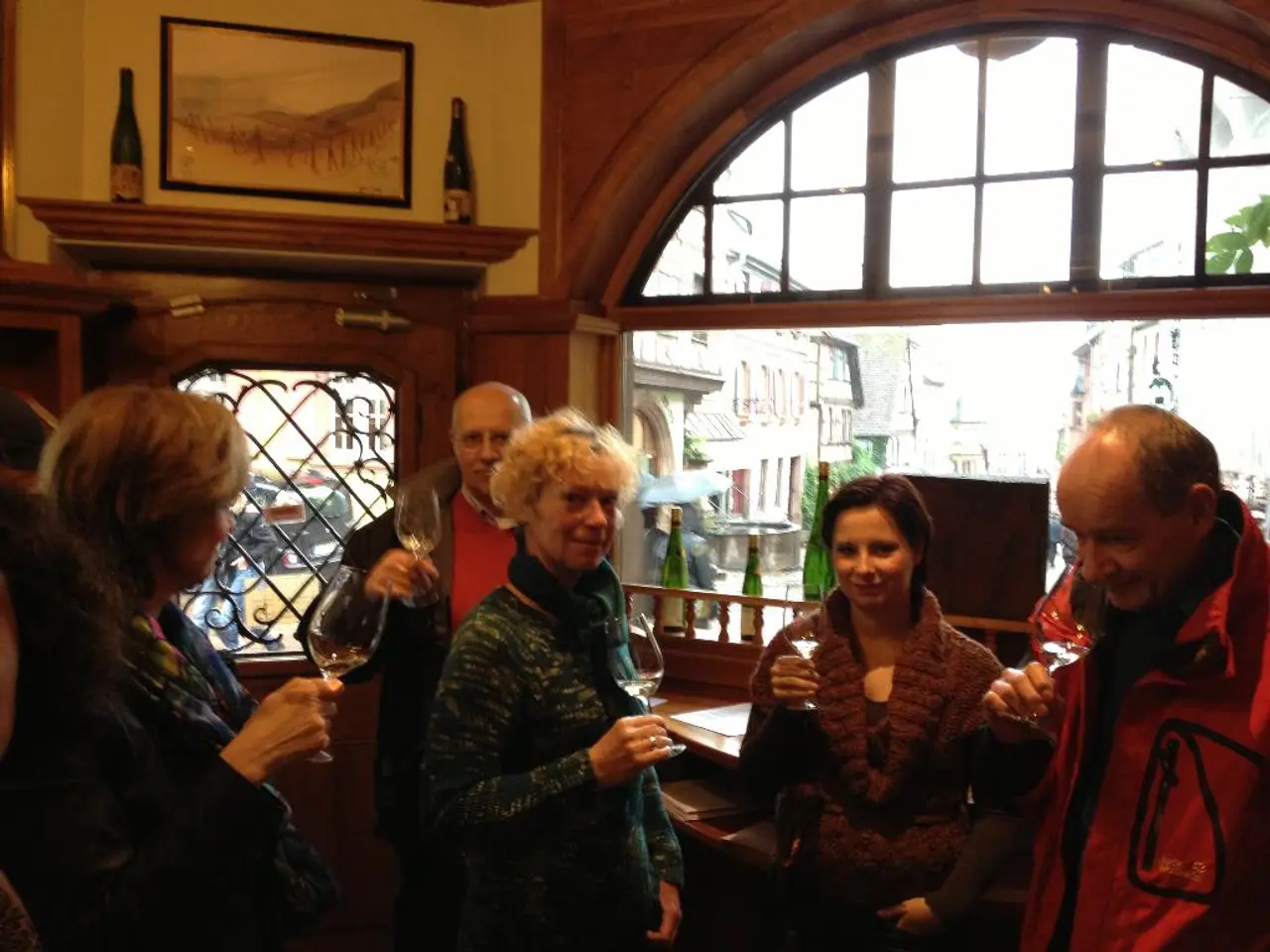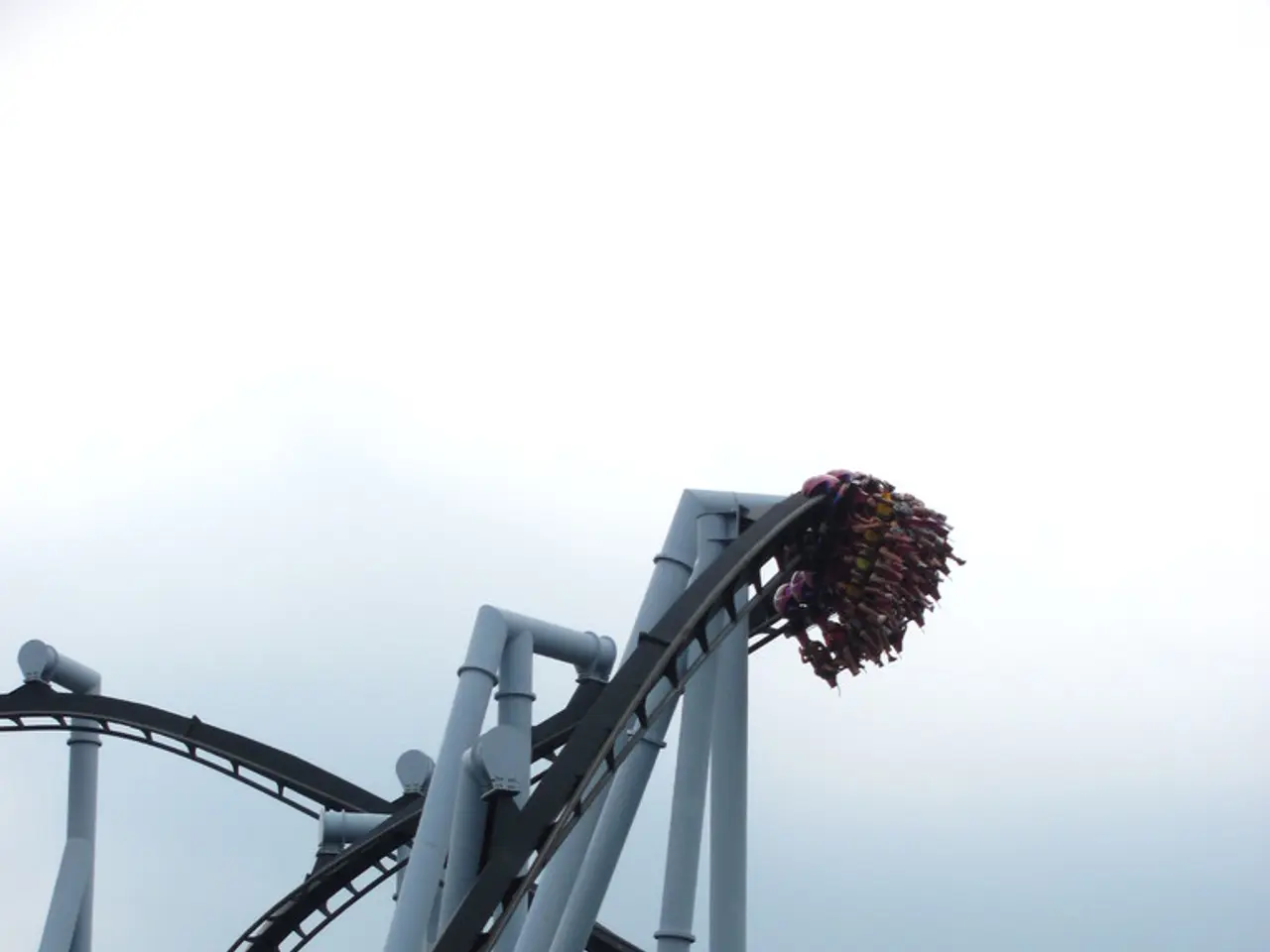City implement city-wide night-time prohibition on alcohol consumption.
Gdansk Implements Citywide Nighttime Alcohol Ban
Gdansk, Poland, is set to join several major Polish cities in enforcing a citywide nighttime alcohol ban, as part of a growing trend to address alcohol-related issues. The ban, which takes effect on September 1, 2023, aims to improve public safety and quality of life by reducing alcohol-fueled disturbances during late hours.
The new regulations will restrict alcohol sales from 10 p.m. to 6 a.m. in stores and gas stations, but will not affect restaurants, bars, or pubs. The decision follows a successful trial in the city's central district, where a similar ban has been in place.
The move is part of a broader effort to address concerns about excessive alcohol consumption and its impact on public order. Residents living in central districts generally support the ban, seeing it as a way to improve quality of life and nighttime quiet. However, the ban has sparked controversy, with opinions divided over its potential impact on Gdansk's vibrant nightlife culture and local economy.
Some bars and clubs, known for their lively atmosphere and appealing cocktail scenes, argue that the ban restricts nightlife activities and hurts business revenue, especially venues that thrive during late-night hours. Patrons who enjoy the nightlife experience might feel limited by the inability to purchase alcohol at night, potentially impacting Gdansk's reputation as a nightlife destination.
On the other hand, supporters of the ban argue that it will reduce alcohol-fueled violence, noise, and public disorder during nighttime hours, enhancing residents' sense of security and peace. It may contribute to fewer incidents requiring police intervention, lowering the strain on emergency services and creating a calmer urban environment overnight.
The city council has also approved regulations for the location of alcohol-selling shops, requiring them to be at least 75 meters away from protected areas like homeless shelters, addiction treatment centers, and schools. This change will take effect on January 1, 2026.
The nighttime alcohol ban in Gdansk has received support from 26 council members and abstention from 7. However, Tomasz Rakowski, chairman of the Law and Justice Party club, criticized the measure, suggesting it doesn't address the root causes of excessive drinking.
As Gdansk prepares for the new rules to take effect, residents and businesses are anticipating changes that could significantly impact nightlife and public safety. The authorities in Gdansk emphasize that the new regulations are the result of public consultations and aim to improve safety and quality of life for residents.
[1] This sentence has been added to provide additional context and clarify the mixed opinions about the ban.
- The nighttime alcohol ban in Gdansk has sparked controversy, with opinions divided over its potential impact on Gdansk's vibrant nightlife culture and local economy.
- Bars and clubs, known for their lively atmosphere and appealing cocktail scenes, argue that the ban restricts nightlife activities and hurts business revenue, especially venues that thrive during late-night hours.
- Supporters of the ban argue that it will reduce alcohol-fueled violence, noise, and public disorder during nighttime hours, enhancing residents' sense of security and peace.
- The city council is also implementing regulations for the location of alcohol-selling shops, requiring them to be at least 75 meters away from protected areas like homeless shelters, addiction treatment centers, and schools.
- The new regulations have received support from 26 council members, but the Law and Justice Party chairman, Tomasz Rakowski, criticized the measure, suggesting it doesn't address the root causes of excessive drinking.








